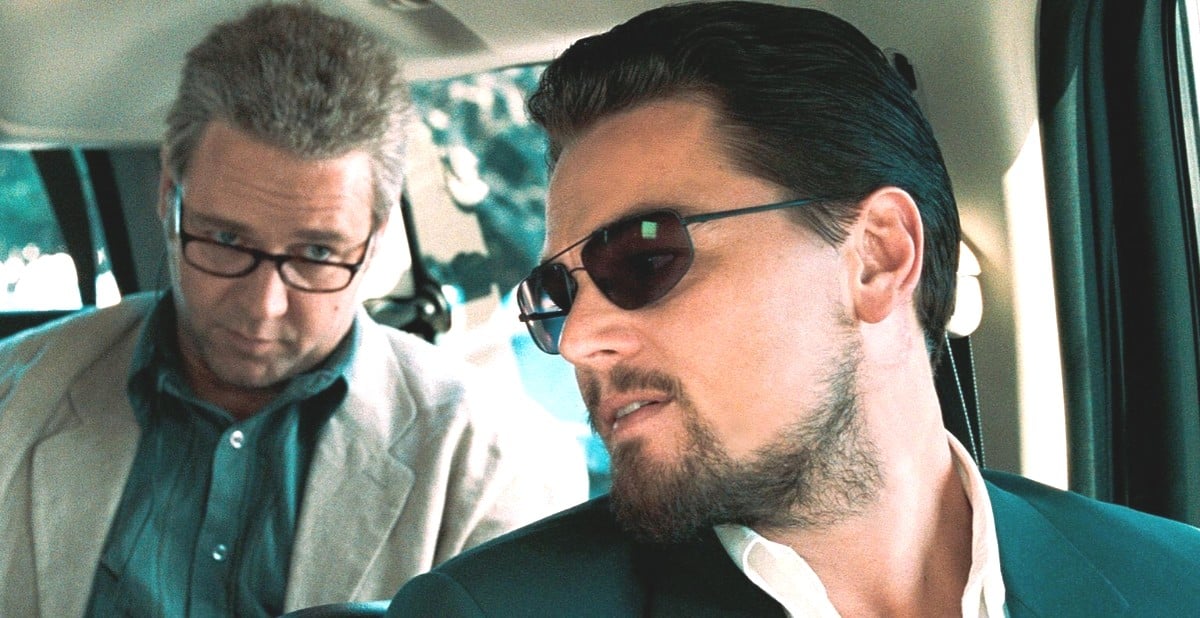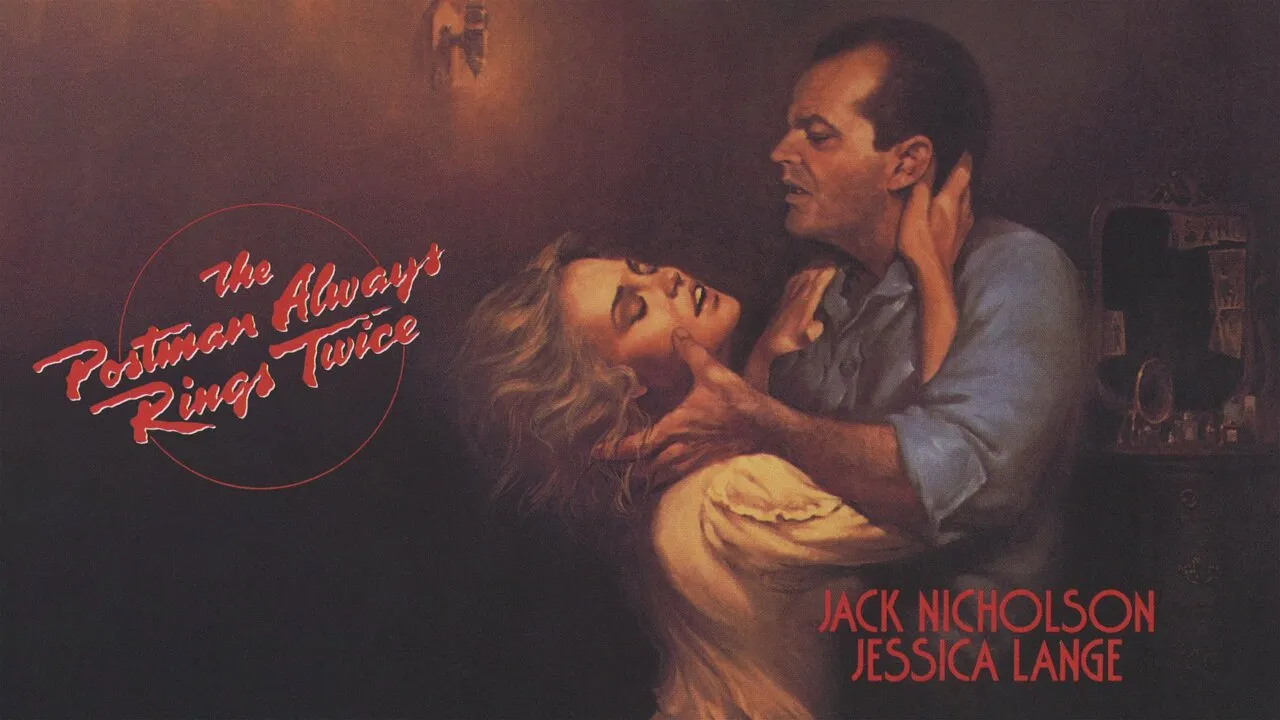Body of Lies: A Gritty Glimpse Into the Modern War on Terror
Body of Lies, directed by Ridley Scott and starring Leonardo DiCaprio and Russell Crowe, is a tense geopolitical thriller that dives deep into the murky world of intelligence operations in the Middle East. Based on the novel by David Ignatius, the film explores the dangerous game of deception, trust, and sacrifice that defines modern espionage.
The story follows CIA operative Roger Ferris (DiCaprio), who is stationed in the Middle East and tasked with hunting down a high-ranking terrorist. Operating on the ground, Ferris constantly risks his life navigating a web of cultural complexities, militant factions, and regional politics. Meanwhile, back in Langley, his boss Ed Hoffman (Crowe) runs operations remotely, often treating human lives as disposable assets in his strategic chess game.
As Ferris gets closer to his target, he builds a fragile alliance with Hani Salaam, the head of Jordanian intelligence. However, trust is a rare currency in the world of spycraft. Lies—told between allies and enemies alike—begin to erode every relationship Ferris relies on. Ultimately, the film asks: can truth survive in a world built on manipulation?

What makes Body of Lies stand out is its refusal to present easy answers. Instead, it paints a grim portrait of the post-9/11 intelligence war—one where even the “good guys” are morally compromised. DiCaprio delivers a committed, emotionally layered performance as a man trying to hold onto his principles while being forced to do things that violate them. Russell Crowe, in contrast, plays Hoffman with cold pragmatism, embodying the detached mindset of bureaucracy-driven warfare.
Visually, Scott captures the chaos and tension of life in the field, contrasting dusty, volatile landscapes with the sterile, detached world of U.S. command centers. The editing is tight, the pacing relentless, and the tension always simmering beneath the surface.
Though Body of Lies may not have reached blockbuster status upon release, it remains a thought-provoking and relevant film. Its commentary on surveillance, drone warfare, and moral compromise feels even more urgent today. It’s not a feel-good movie—but it is a necessary one, pushing viewers to question the cost of security and the limits of truth in global conflict.
-1752634175-q80.webp)

-1752036105-q80.webp)
-1751940976-q80.webp)